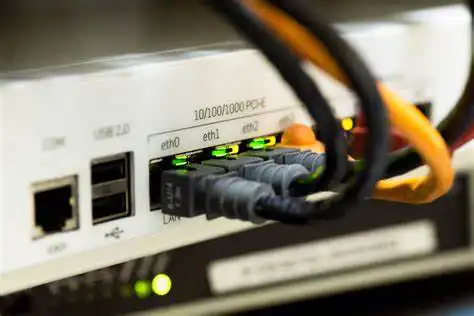Plastic pollution has grown alarmingly in recent years. Every beach, every ocean, and every water body appears to be under attack. The menace has grown so massive that it seems almost impossible to entirely clean up. However, hope emerges from a team of Japanese researchers who are looking to use marine bacteria to tackle the plastic problem.
These scientists from Hokkaido University have published their findings in a renowned science journal, emphasizing how a strain of marine bacteria could contribute to reducing plastic waste. The bacteria, identified as Pseudoalteromonas sp. strain 0919, has a natural liking for one of the most commonly used plastics worldwide: Poly (ethylene terephthalate) or PET.
PET is widely used because of its strong, lightweight characteristics, and versatility in packaging materials, textiles, and beverage containers. However, because it does not naturally decompose, it is a significant contributor to the growing volumes of plastic pollution. The marine bacteria in focus could be the miracle needed to break down these resistant materials.

The strain 0919 has a particular appetite for PET, and it uses special enzymes, known as PETase and MHETase, to snack on the plastic. These enzymes have been identified previously in a bacterium found in a waste recycling center in Japan, proving nature might have its own solution to this crisis.
The biggest challenge for the scientists was to observe the bacteria's activities at such a miniscule level. They utilized an advanced microscopy technique, known as Atomic Force Microscopy, to capture the breakdown process at the nanoscale, which is about a billionth of a meter.
Through this approach, the team could visualize how the strain 0919 produced a biofilm over the PET surface, a slimy substance that bacteria often produce. This biofilm then facilitated the degradation of PET by holding the enzymes close to the plastic surface, enhancing their ability to act on the plastic.
The researchers believe this is a vital mechanism underlying how the bacteria feed on, and eventually break down, the PET. The biofilm is key in keeping the bacteria close to the surface, allowing them to continuously munch away at the plastic.
The team’s finding marks a significant step forward in our understanding of how marine bacteria metabolize plastic. It could aid in the development of new ways to manage plastic waste, particularly in marine environments.
However, while this discovery is promising, there remain many hurdles to its practical application. One issue is scaling up the process to deal with the massive quantity of plastic waste littering our oceans. How can we cultivate these bacteria in sufficient numbers, and how can we ensure they are doing their job effectively?
Another major concern is the side effects that introducing large numbers of such bacteria into the world's oceans could have on the marine ecosystem. More research will be necessary to address these issues before this can become a viable solution for tackling plastic waste.
This research is a perfect example of multidisciplinary science – combining microbiology, materials science, and nanotechnology to address a significant global issue. It's fascinating to see how science can mimic nature's own methods of breaking down materials in designing future solutions.
Moreover, this study reiterates the importance of bacteria in our world. Often perceived negatively due to their association with disease, bacteria remain crucial to many key biological processes on Earth, and now, maybe even our fight against pollution.
While the application of these findings presents many challenges, the potential implications are vast. Concrete solutions to plastic pollution are desperately needed, and this micro-sized hero might just provide one.
Looking ahead, such groundbreaking findings could inspire new approaches and ideas for dealing with pollution. The road to a cleaner planet might need to start small, focusing on the tiniest inhabitants, like bacteria. After all, small changes can often lead to significant impacts.
The research also underlines the fundamental truth that we need to take better care of our planet. We are part of an intricate, interconnected system of life. It's encouraging to see researchers exploring innovative ways to repair the damage we've done and work towards a sustainable future.
While the research holds much promise, only time will tell whether marine bacteria could truly become a powerful weapon in our war against plastic pollution. However, these findings offer a glimmer of hope, signaling that the solution to our environmental challenges may lie within nature itself.
Scientific innovations, such as these, contribute greatly towards combating environmental challenges. Yet, it's crucial for us to make changes to our lifestyles and minimize our contribution to plastic pollution. Science can help us find solutions, but only responsible behaviour can prevent these issues from escalating further.
All in all, the discovery of the PET-degrading abilities of marine bacteria is an exciting advance in the fight against plastic pollution. It's a stark reminder that nature's smallest creatures can sometimes offer the biggest solutions, marking another essential step on our journey towards a cleaner, greener world.